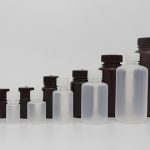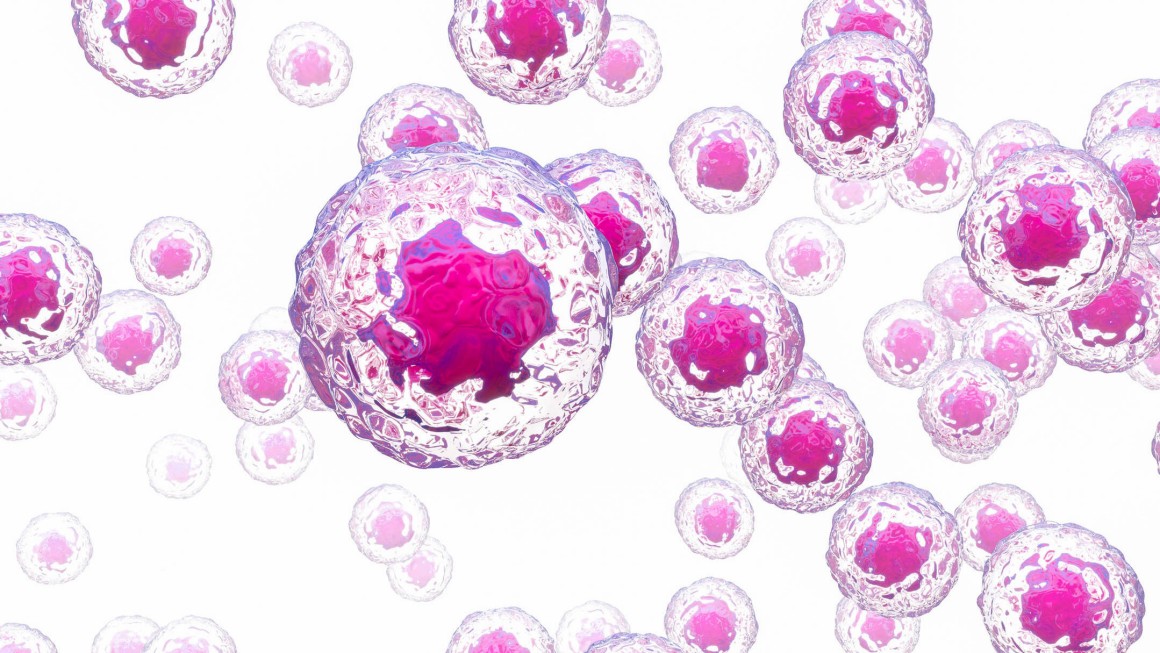As we all know, cholesterol with a high level can result in heart disease and stroke. However, at the same time, cholesterol is necessary for healthy cell building in our bodies, and it can be used for therapeutics to save our lives.
Existing in biological system, cholesterol is a membrane constituent that is capable of modulating membrane fluidity, elasticity and permeability. In addition, as an important constituent of human organs and tissues, cholesterol has been reported to be used as a carrier for drug delivery. Cholesterol is amphiphilic, and it is attractive in drug deliver mechanism due to its unique property endowed by the polar 3-hydroxy group and the non-polar hydrocarbon domain.
Owing to the ability to stabilize membranes, form liposomes with high levels of rigidity and promote fusion processes, the biocompatible cholesterol becomes a perfect component of lipid-based drug delivery systems. In addition to that, cholesterol has a high drug loading efficiency and is capable of incorporate both hydrophilic and hydrophobic drugs. The surface of cholesterol-based carriers can also be functionalized to adjust circulation time and target issues or cells. Due to these properties, cholesterol-based drug carriers are able to act as nanoparticles, micelles, and liposomal formulations for delivering antivirals, antimalarials, anticancer treatments, genetic material (DNA, mRNA, siRNA) and gene therapies.




